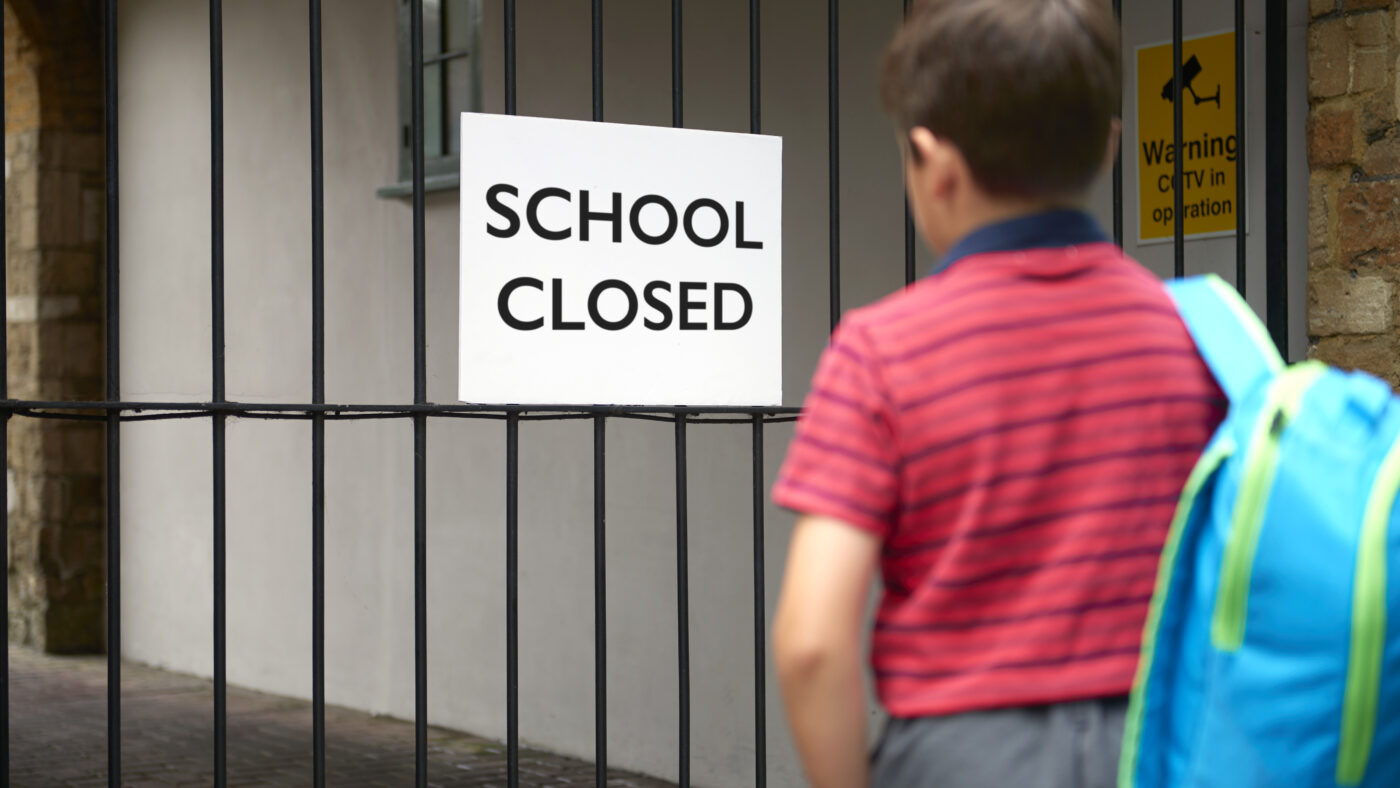It took longer than it should have done for the penny to drop.
I spend a lot of time talking to parents in focus groups about all sorts of educational issues, but it still took me ages to get to the bottom of why school attendance has fallen off a cliff.
I had absentmindedly assumed that it was down to a grim combination of a few things: the many mental health troubles affecting young people today that relate to the pandemic; remote working making it easier for parents to keep their kids at home with a sniffle; the cost-of-living crisis biting in such a way that there are many more families who are struggling to get the basics right.
But I was missing the mark. While all of those factors play some role in the fact that persistent school absence has doubled since the end of the pandemic – the main reason is deeper, more intractable, and much more worrying.
In short, the social contract between parents and schools was broken by Covid. A report that I co-authored and that was published yesterday found that parents across the country – and across all classes – no longer believe it is their responsibility to get their kids to school full time.
The idea of mandatory full-time schooling appears to be dying.
Parents in the focus groups that I ran were extraordinarily honest about how the pandemic – and six months of not sending their children to school – had changed their attitudes, possibly for good.
The messaging – which is factually correct, by the way – that every single day in school matters simply doesn’t wash anymore. If schools were shuttered for six months during Covid, then why would a day or two off to go to Alton Towers matter, went the argument I heard time and again.
One working class mum put it like this to me: ‘Pre-Covid, I was very much about getting the kids into school, you know, attendance was a big thing. Education was a major thing. After Covid, I’m not gonna lie to you, my take on attendance and absence now is like I don’t really care anymore. Life’s too short.’
And in case you think this is just about low-income families, it really isn’t.
A middle class mum in Bristol told me: ‘Holidays are so expensive during school holidays, for some people it’s the difference between having or not having a holiday. And for me I’ll definitely be taking them out. We always took them skiing in February half term to try and comply. Now I look back and I think why on earth did I do that? Why didn’t I just take them out for a cheap week in January? I would almost say skiing is an educational holiday.’
On too many occasions to remember parents told us that they prioritised other stuff over education in a way that they never would have done before. This might include working on mental health or simply family time.
We also came across many, many parents who had come to the conclusion that the system’ simply did not work for, or support, their children anymore – the collapse in support for young people with special educational needs was a recurrent theme. Of course this has a huge impact on attendance.
However it was the idea of cheaper term-time holidays that came up more often than any other. An incredibly high proportion of those we spoke to were happy to openly discuss how they felt that they had no option but to take advantage of the cheaper rates. This is a cost-of-living issue of course: if you’re skint and you feel like you need a break, then many will pick a long weekend at Butlins off-season while it’s affordable. If you’re middle class and feel entitled to a week on the slopes, likewise.
On one level this might seem fair enough.
The problem is that it really isn’t. It’s not fair on the kids. Education research – and the experiences of heads up and down the country – tell us that attendance directly correlates to performance in exams. The more you go to school, the better you do. It’s not rocket science.
And so we really do need a huge national effort to get students back to school. We need a programme of parental engagement, education and support. And we need to rebuild both SEND support and adolescent mental health services.
It’s worth remembering that this isn’t just about the students themselves, this is about the future of this country. UK PLC needs as many of our young people to do as well as humanly possible at school because we need them to become the scientists, business leaders and entrepreneurs of tomorrow. The world’s too competitive to accept otherwise.
They simply won’t do that if they’re at home in their pyjamas playing on the Playstation.
Click here to subscribe to our daily briefing – the best pieces from CapX and across the web.
CapX depends on the generosity of its readers. If you value what we do, please consider making a donation.


